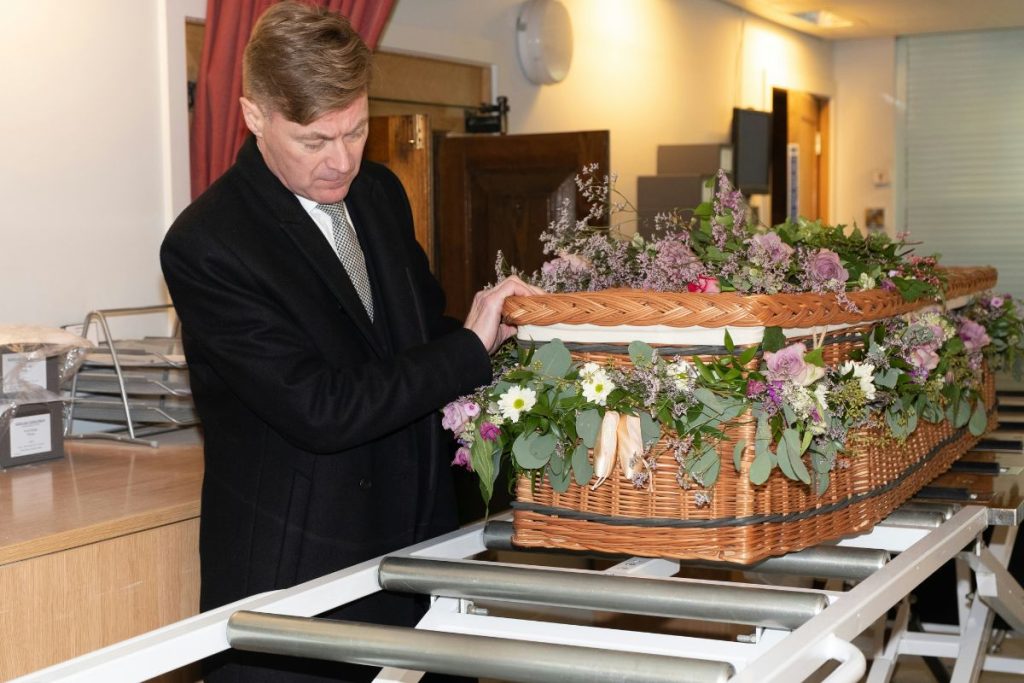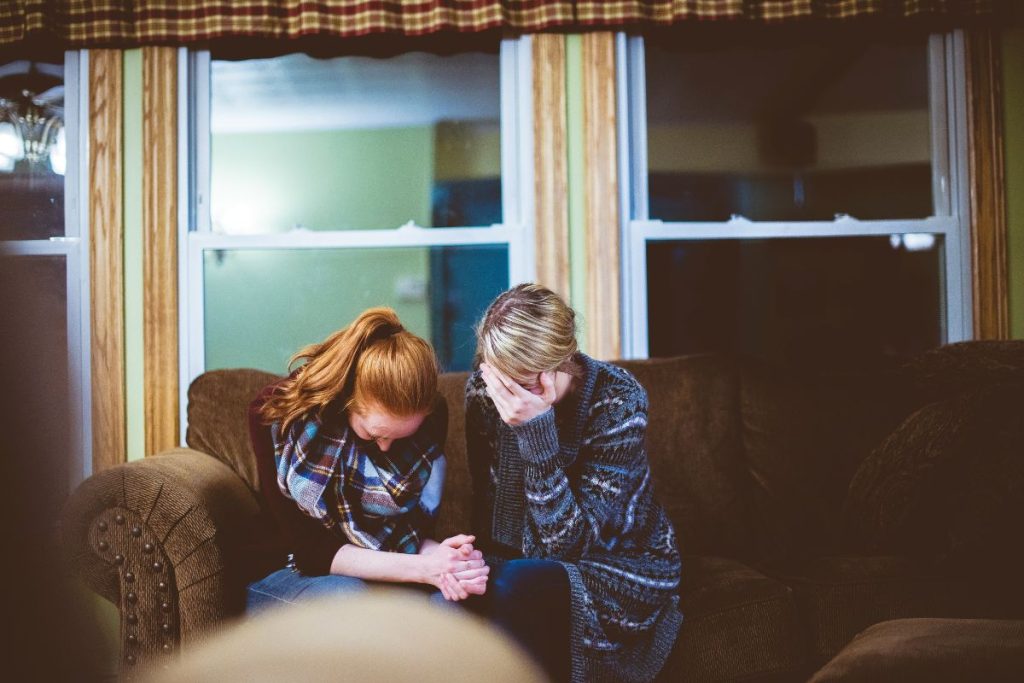Death is a topic many people shy away from, often regarded as uncomfortable or even taboo. Yet, discussing it openly within a family setting can be incredibly beneficial, both emotionally and practically. While it may seem challenging, having conversations about death ensures that loved ones are prepared, connected and supported when the inevitable occurs.
Here are several reasons why it is important to talk about death as a family.
1. Reduces Fear and Anxiety

Avoiding the subject of death can often heighten fear, particularly among children or vulnerable family members. When families talk openly about mortality, it normalises the concept and reduces anxiety. Honest conversations allow everyone to express their fears, ask questions and gain reassurance. This transparency fosters a sense of emotional safety, helping individuals approach the topic with less apprehension.
2. Encourages Planning and Preparedness

Discussing death also provides an opportunity to plan ahead. This includes practical matters such as writing wills, making funeral arrangements or discussing end-of-life care preferences. Planning reduces the burden on family members during a time of grief, ensuring that decisions are made according to the wishes of the person concerned. Engaging with professionals, such as those at Exit Here Funeral Home, can provide guidance and support, making the process less daunting and more organised.
3. Strengthens Family Bonds

Conversations about death can bring families closer together. Sharing feelings, memories and thoughts about mortality encourages empathy and understanding between family members. It also offers a platform to celebrate life, reflect on shared experiences, and express love openly. These discussions often result in stronger emotional connections, helping families navigate both loss and life with greater unity.
4. Promotes Emotional Health
Suppressing thoughts about death can lead to unresolved grief or anxiety when a loss eventually occurs. Open conversations allow family members to process emotions in a safe environment, reducing the risk of emotional suppression. Talking about death provides space for grief, questions and acceptance, which are crucial for long-term emotional well-being. Children, in particular, benefit from age-appropriate discussions, which help them develop resilience and a healthy understanding of life’s natural cycles.
5. Prevents Misunderstandings and Conflicts
Unspoken wishes and assumptions about end-of-life care or funeral arrangements can sometimes lead to conflicts among family members. By discussing death in advance, families can clarify expectations, make decisions collectively, and avoid misunderstandings during a time of vulnerability. Clear communication ensures that everyone is on the same page, reducing tension and potential disputes.
6. Encourages Legacy and Storytelling

Talking about death also encourages the sharing of personal stories, values and legacies. It allows individuals to reflect on the impact they want to leave behind, fostering a sense of purpose and connection. Families can preserve memories, traditions and lessons, which can be passed down to future generations, creating a lasting emotional heritage.
7. Makes Grief More Manageable
Finally, open conversations prepare families for grief. Knowing that these discussions have taken place can make coping with loss less overwhelming. When family members understand each other’s wishes and feelings, it provides comfort and reassurance during difficult times. This preparation allows grieving to occur in a supportive, cohesive environment, helping everyone heal together.

In conclusion, talking about death as a family is a vital practice that benefits emotional, practical and relational aspects of life. While it may feel uncomfortable initially, the long-term benefits far outweigh the temporary discomfort. By facing the topic openly, families can foster understanding, provide support and ensure that the wishes of loved ones are respected.
Images courtesy of unsplash.com and pexels.com












